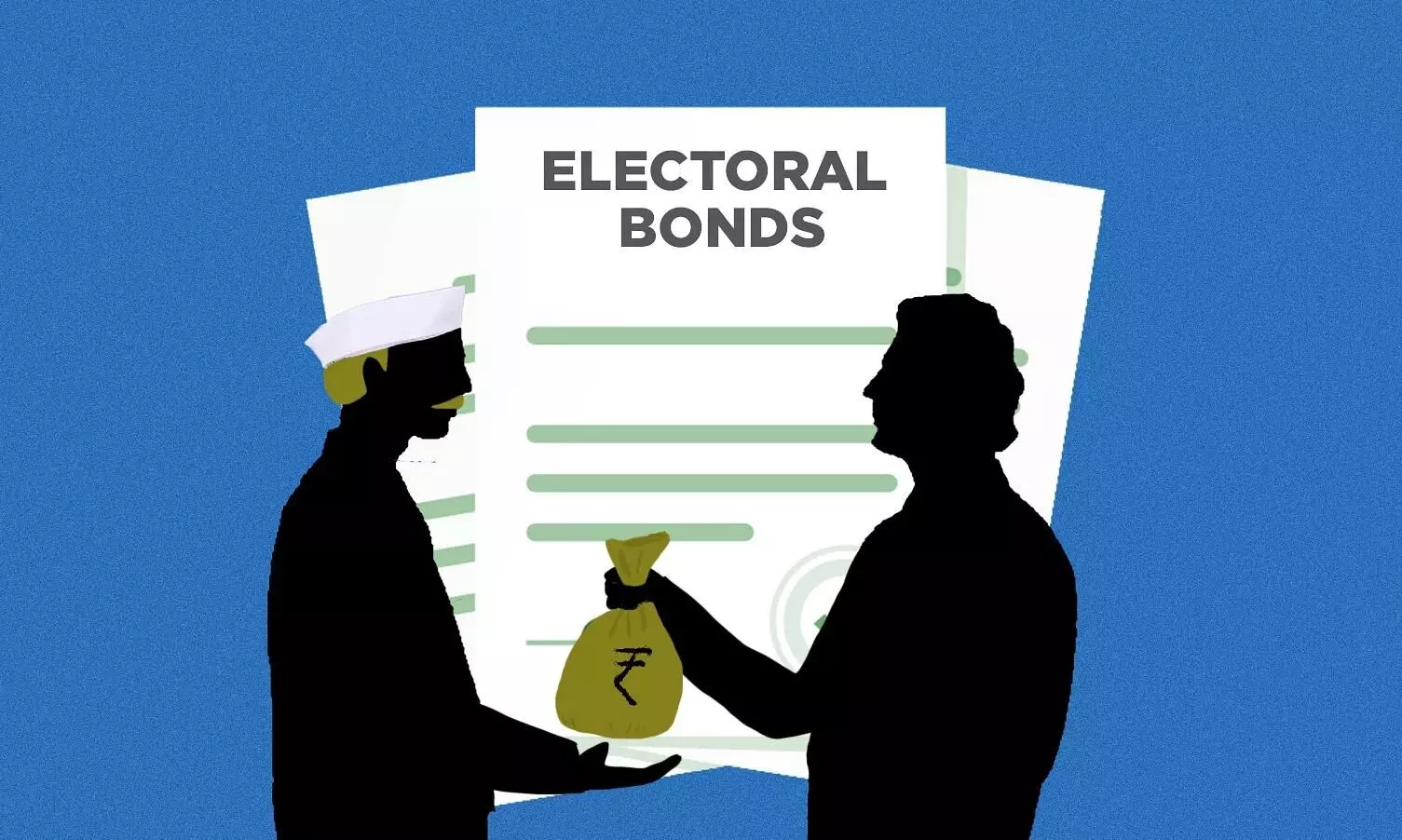
SBI denies electoral bond data sought through RTI Act
text_fieldsNew Delhi: The State Bank of India (SBI) denied retired Commodore Lokesh Batra’s RTI request to provide the data on electoral bonds, which the bank had submitted to the Election Commission of India (ECI) on March 21. Even after ECI published the data on its website, SBI denied Batra the data, citing RTI Act exemptions, The Wire reported.
SBI also chose not to divulge information to Batra on how much lawyer Harish Salve was paid to represent the bank in the Supreme Court on March 11. It was then that the court dismissed the bank’s plea for three months’ extra time to disclose bond data.
On March 21, SBI submitted before the ECI the data on electoral bonds purchased between April 2019 and February 2024, including unique numbers associated with each bond that would help match bond donors with recipient political parties. This was after the Supreme Court’s orders. ECI had published the data on the same day.
But when Batra requested the same data SBI provided to ECI, the bank denied it and reasoned that the information was covered under the exception in the RTI Act dealing with fiduciary responsibilities and personal information.
“Information sought by you is containing details of purchases and political parties and hence cannot be disclosed as it is held in fiduciary capacity, disclosure of which is exempted under Section 8(1)(e) and (j) of the RTI Act,” the SBI wrote to Batra on April 10.
For his query about the amount paid to Harish Salve to represent SBI’s case, the bank invoked exemptions in the RTI Act again. Referring to Sections 8(1)(e) and 1(j) of the Act, the bank said, “The information sought by you is third-party personal information available with the bank in a fiduciary capacity.” It added, “The same is also of commercial confidence in nature, hence denied as it is exempted under Section 8(1)(d) of the RTI Act.”
Batra said that SBI denied information which involved taxpayers’ money.






















